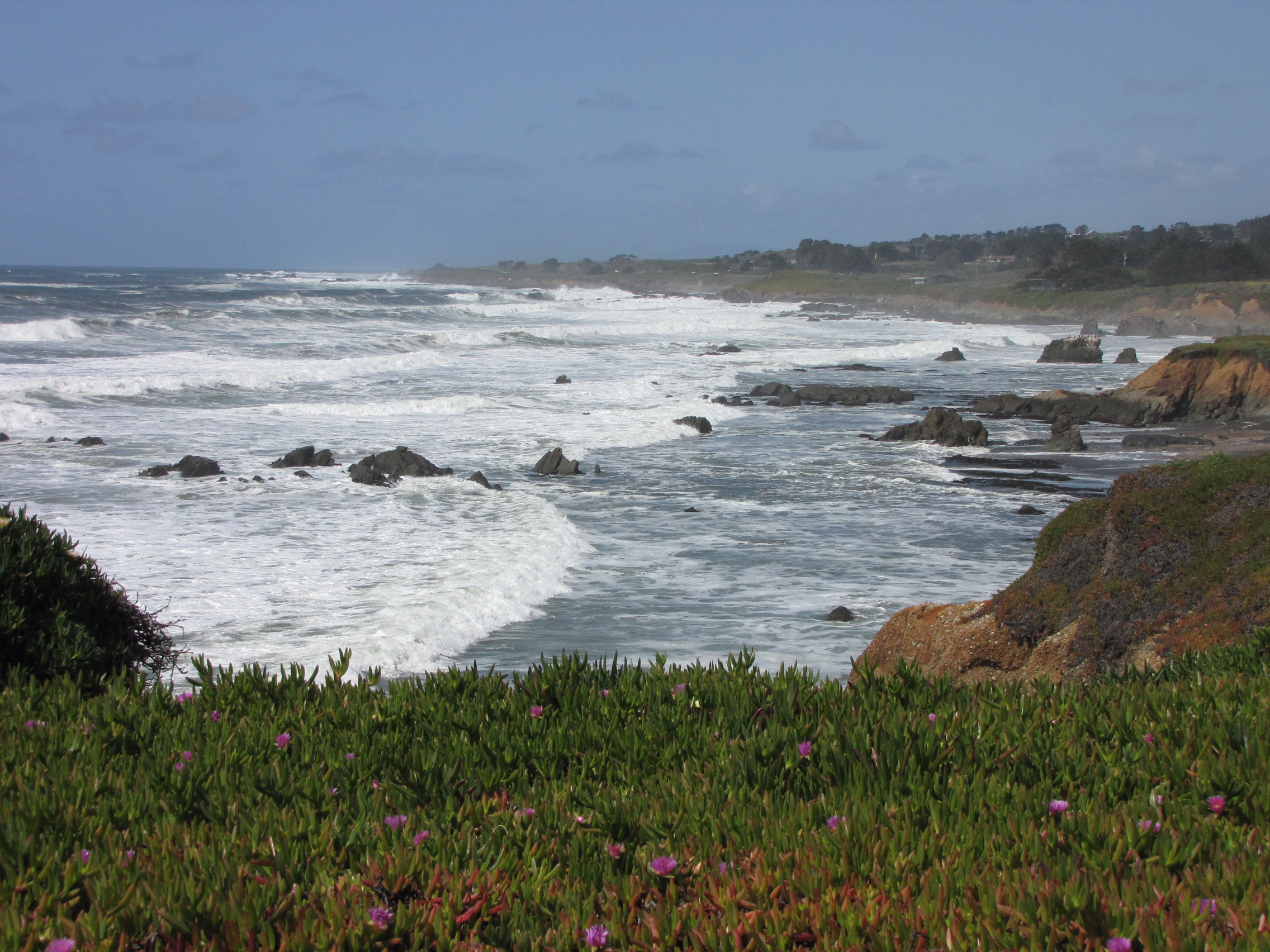Explorer keeps his father’s legacy alive by shining a light on the world’s oceans

When ocean explorer and documentary filmmaker Jean-Michel Cousteau brought his environmental message to Silicon Valley, I caught up with him to discuss climate change; President Obama’s energy policy efforts; and AB 32, California’s response to climate change.
Jean-Michel Cousteau is the son of legendary ocean explorer, Jacques Cousteau, and chairman of Ocean Futures Society, a non-profit dedicated to exploring, protecting and educating people about the world’s oceans. He was vocal in condemning BP for its Gulf oil spill and has frequently highlighted the link between climate change and the state of our oceans and coastline.
A native of France, he now calls Santa Barbara home and describes California’s response to climate change – its Global Warming Solutions Act (AB 32) and proposed cap and trade system – as steps in the right direction. But he also explained why we need to do a lot more.
“It’s an issue of understanding and changing our ways,” he said. “Creating new ways of serving our needs and taking care of the environment at the same time.”
He’s talking specifically about renewable energy and points out that algae are fueling US Navy ships and commercial airliners. He emphasizes the advances being made in solar and wind energy and even cites a hotel in Bora Bora that is using temperature differences in the ocean depths to power its air conditioning system — all this without petroleum and its hefty environmental impact.

Surprisingly, despite his dives to examine the BP oil spill devastation in the Gulf of Mexico, Cousteau still had good things to say about Big Oil, pointing out that oil companies like Shell, Total and BP are investing in renewable energy.
“Traditional industries are coming to understand that whether it’s nuclear [or] traditional oil and gas, in the end it’s going to be in their best interests to slowly adopt other ways of collecting energy, renewable energy,” he said.
He also emphasized that Americans are consuming more energy per capita than anywhere else in the world and that before we criticize other heavy CO2 emitters, like China, we must look closer to home.
[module align=”left” width=”half” type=”pull-quote”]“Let’s not forget that when you point a finger, there are three fingers pointing at you.”[/module]
So, in the ocean explorer’s view, is President Obama doing the right thing in response to climate change?
“He really has to convince our decision makers, in government and in industry, that things have to change,” he said and even offered his assistance to the president.
“If I can help I will do that,” he said.
He’s done it before. Cousteau made former President George W. Bush an unlikely environmental hero, at least in the mid-Pacific. In 2006, Cousteau showed Voyage to Kure, his documentary about the Northwestern Hawaiian Islands, (co-produced by KQED Public Television) at the White House. Shortly after, Bush designated the 140,000 square mile stretch the world’s largest marine conservation area.
If he gets to revisit the White House this year and discuss climate change and energy policy with President Obama, he might be wise to repeat his father’s mantra: “The impossible missions are the only ones which succeed.”
